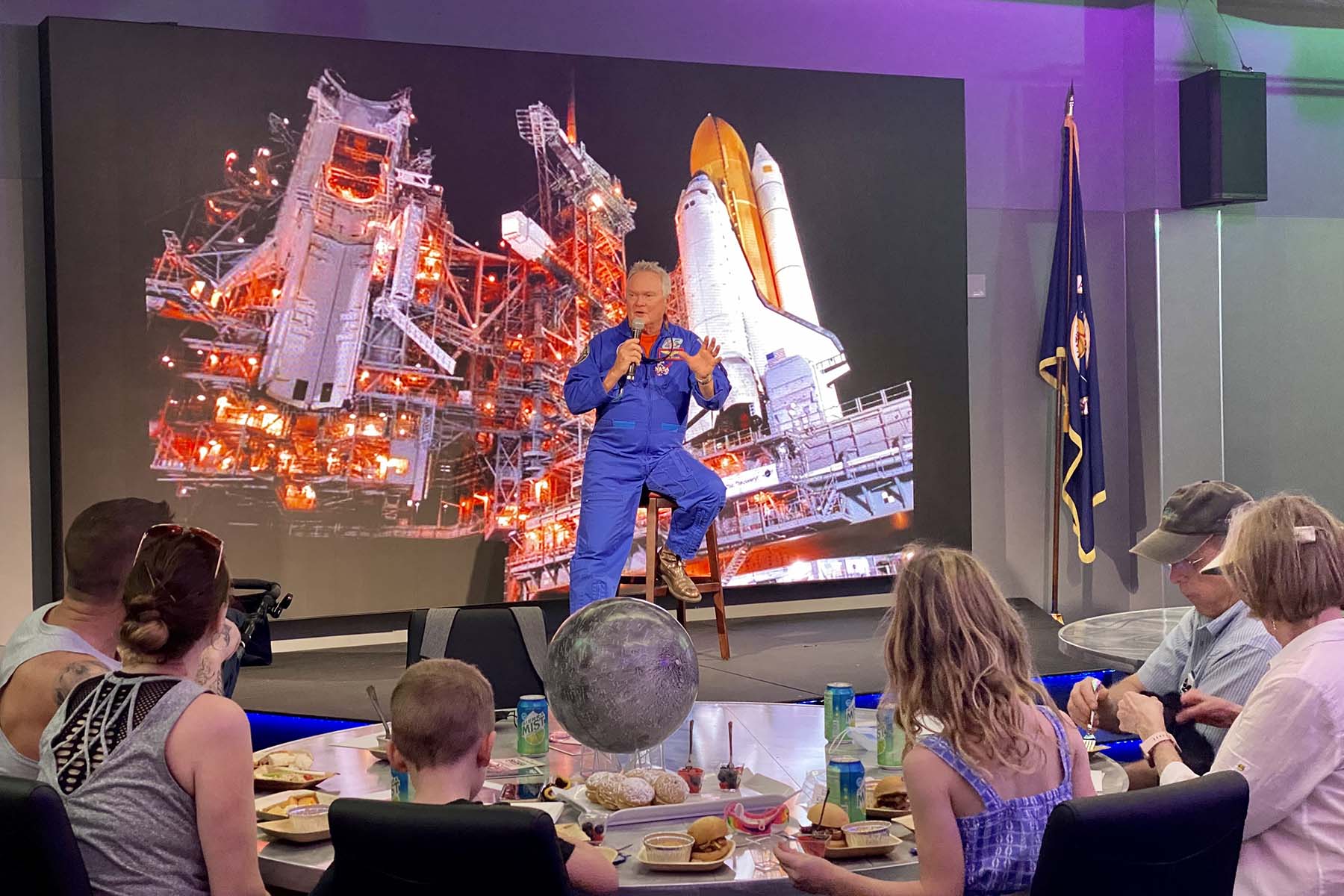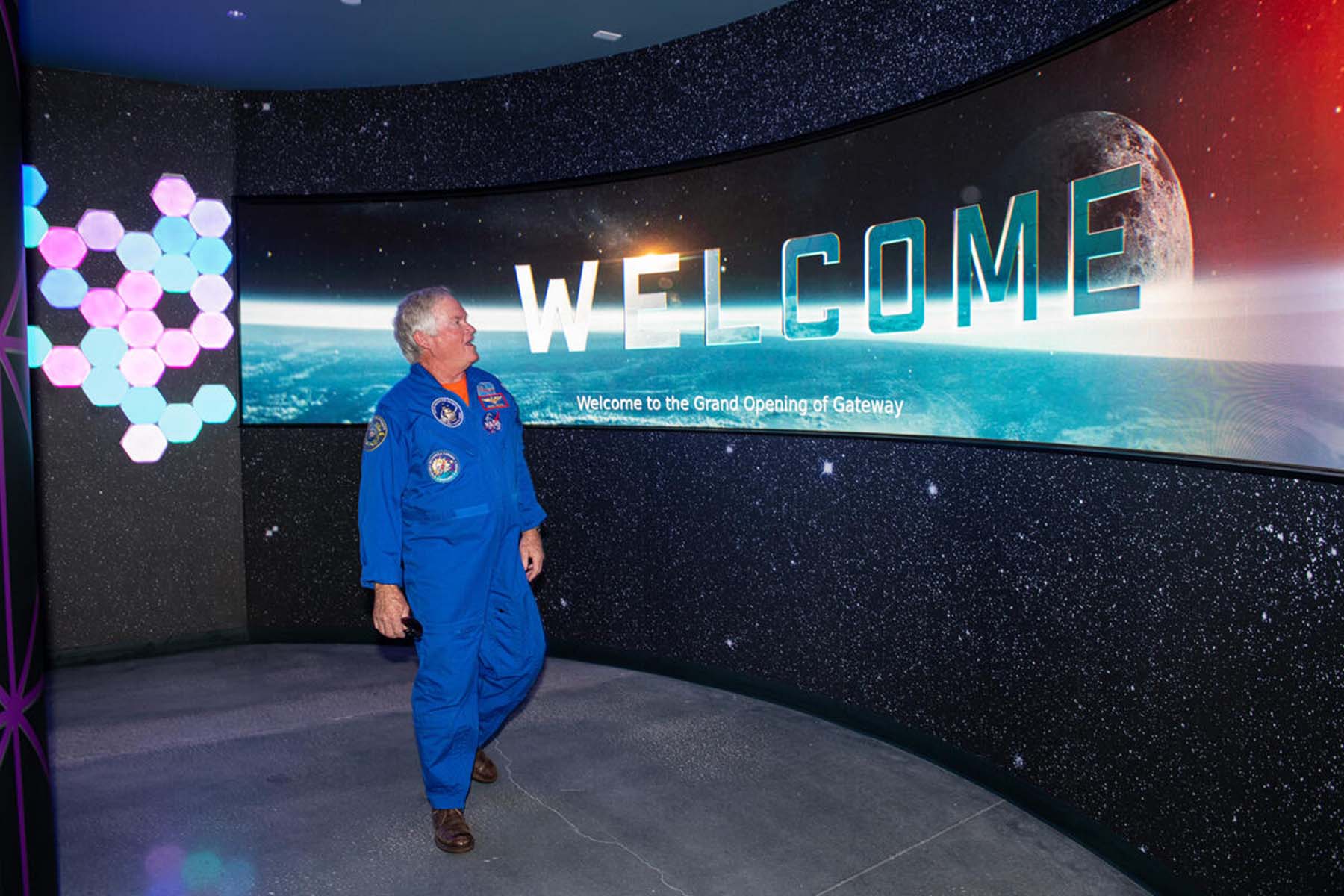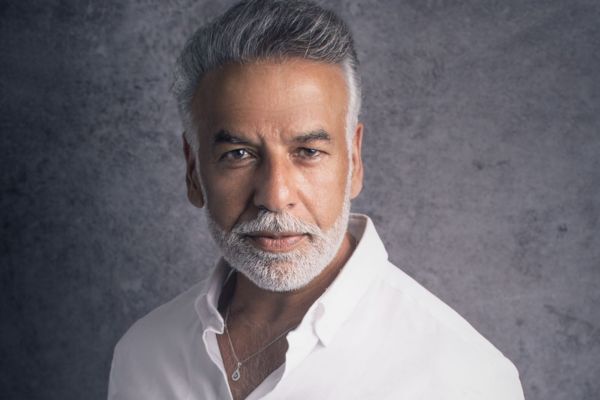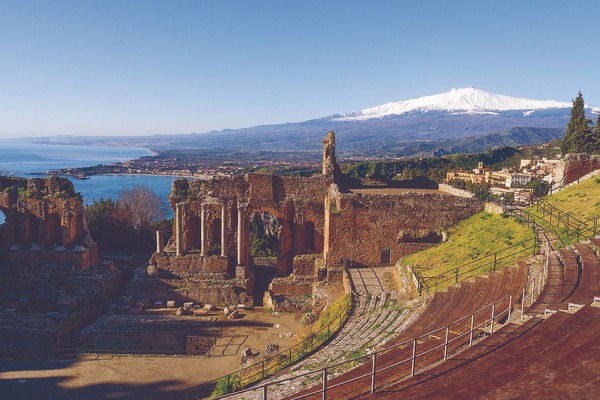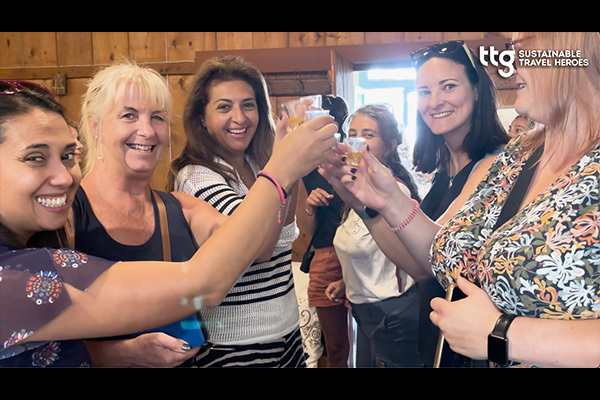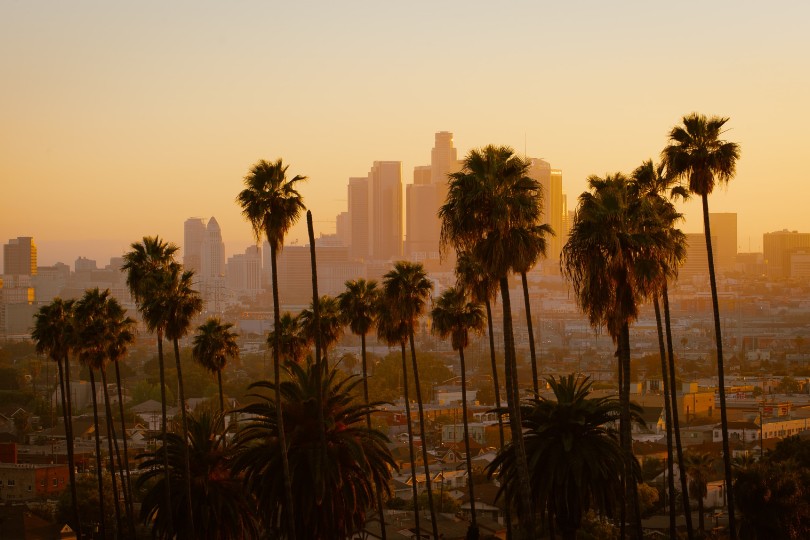'It's an awesome ride into space – I highly recommend it'
What’s the view like when you’re in orbit, how does the food taste and can you find a lost watch in a shuttle? US astronaut Bruce E Melnick answers all our burning questions about space travel

Bruce E Melnick is a former astronaut and US Coast Guard chief test pilot. During his distinguished career he flew on two NASA missions and logged more than 5,000 hours of flying time for the Coast Guard service, earning numerous awards for bravery. Now he’s an ambassador for Florida attraction Kennedy Space Center Visitor Complex, helping inspire a new generation of space lovers. Here he shares some interstellar highlights with us.
When were you selected for the space programme?
I first tried in 1977 and was eventually selected in 1987, after trying six times in total. A real lesson in being persistent! After three years of training, I flew as a mission specialist on the Shuttle Discovery in 1990 when Ulysses spacecraft was deployed and I served as a flight engineer on the Shuttle Endeavour in 1992 when we rescued and repaired a satellite.
How much time have you spent in space?
13 days or 300 hours. That’s 207 turns around the earth. It takes an hour and a half to go around the Earth so every 45 minutes you get a sunrise or a sunset. Each one different, and all spectacular.
What’s the furthest you’ve been from Earth and what did you see?
About 250 miles – Earth is clear, but you don’t see the whole thing. You can see about 25% of it but you’re always moving. You can see where the cities are, the wake of large ships in the ocean, big runways at large airports, and yes at that distance, the Great Wall of China.
Aside from the views, what will stay with you forever?
It’s a beehive of activity before launch, but when everyone except the astronauts leaves the shuttle and you hear the hatch go clunk, I’ll never forget that quiet. We were lying on our backs and it was so peaceful I even had a little nap while we were waiting. I was wide awake for the countdown though! It’s an 8.5-minute ride to space, to the point where you reach orbital velocity. It’s an awesome ride, I highly recommend it if you ever get the chance.
What happens to your body in space?
Your whole physiological being shifts. It’s common to feel space adaptation syndrome. You just don’t feel good for the first couple of days up there. Your inner ears don’t work so when you turn your head, your eyes are slow to catch up. Fluid fills your sinuses, gives you a headache. My first flight was four days and that took me next to nothing to recover. But after my next flight, which was nine days, it took a good couple of weeks for me to become a full-blown earthling again.
Do you get any free time on a space mission?
There was very little scheduled free time, with all the chores and maintenance we needed to do. However, because of zero gravity, you don’t need the full eight-hours of sleep. I slept mostly three or four hours so I’d spend that extra time just looking out the windows.
Did it change you, seeing that view of Earth?
It changed me almost immediately. You see how pretty the planet is, all green and blue, and then there’s the black, dark vacuum of space, and the only thing protecting us is a thin band of atmosphere. I came back with a much greater appreciation of how we must look after our planet, and not do anything to hurt that atmosphere.
Are you in favour of commercial space tourism?
It’s great that people want to go up there. It gives you a much deeper appreciation how fragile the planet is, so the more people we get up there, the better our understanding will be that we can’t carry on polluting this place.
Favourite space movie?
Oh I love Space Cowboys, a good old ‘we’re on a mission to save the planet’ movie. Gravity was good but the book was better. I felt the movie dumbed it down a little. And Apollo 13 is very good, that’s the most accurate. Fred Haise, played by Bill Paxton, is a good friend of mine.
How is the food in space?
Food tastes different. Asparagus is my favourite veg on earth, but I couldn’t stand to look at it or smell it in space. My favourite meal was shrimp cocktail. It has to be freeze dried and it looks horrible, like orange soil in Styrofoam packaging. You add water, put your bucket of food in the rehydration machine and leave it for a while, and it swells into the most beautiful jumbo shrimps. Everything – including food – has to be Velcroed down in space. I lost my watch for two days and only found it when I was cleaning.
And what goes in, must come out, right?
I get asked this question so often, I’ve now made it a slide in my presentation! For number ones, you use a urination tube with a funnel. Everyone on the shuttle has a different coloured funnel and the funnels for women are shaped different to those for men. You pee in your funnel, it’s sucked into the hose, and goes into the wet waste tank, the size of which has not changed for longer duration orbits so when it fills up, you have to pump over the side, and that’s how we make yellow snow. Number twos are more complex, you sit on a seat with a hole, but you have to strap yourself down and it’s very important to make sure everything is lined up before you go.
You’re now an ambassador for Kennedy Space Center Visitor Complex, tell us why we should visit?
There’s something at the attraction for everyone now, it really caters for all ages. It’s fun but educational. Our new attraction, Gateway: The Deep Space Launch Complex, opened last summer and celebrates everything happening right now in the space programme as well as looking at the future of space travel. What’s more, this year there are more than 80 rocket launches scheduled so come to Kennedy and the Space Coast for a few days and you’re likely to see something you’ll never forget. The best viewing spot is the new Space Bar, on the rooftop of the Courtyard Titusville Kennedy Space Center, which opened last year across the river from the launchpads.

